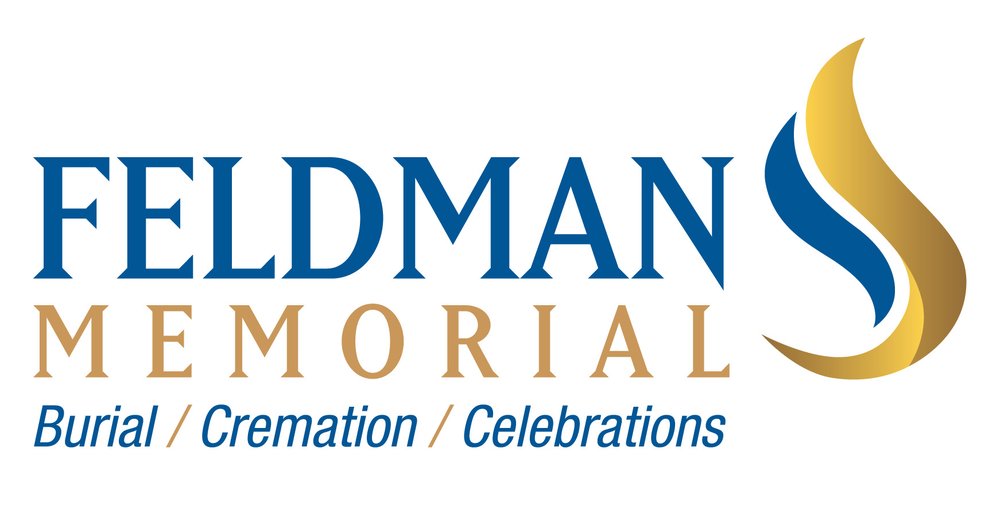
Biological Human Composting: The Latest Alternative
Donations, cremation, and burial have long been the only legal option to dispose of a dead body. But human composting is slowly becoming a new option in Washington and Colorado. Human composting uses microbes to break down the body into nutrients. It is similar to what happens to organic matter and leaves after decomposing. Human composting is more cost-effective than cremation and burial in that it doesn't require any energy-intensive processes or harmful chemicals. And because human decomposing returns nutrients to the soil, it is a more sustainable option than the traditional disposition method. For now, human composting is only available in a handful of states. But as more cremation services in Aurora, CO embrace this method, the chances are that other states will soon follow suit.
The average funeral cost has increased drastically. And on the other hand, cremation costs only a few hundred dollars. It is no wonder it has become increasingly popular in recent years. However, cremation can have an environmental impact. But as more consumers become aware of the importance of conserving the environment, human composting is gaining traction. Many people see green burial as a more eco-friendly and sustainable way to say goodbye to a loved one.
How Does Human Composting Work?
Composting is an ancient practice that humans have used for thousands of years, and it remains an integral part of sustainable gardening today. As the name implies, biological human decomposition applies that same composting process to human remains.
Its main benefit includes significantly reducing the time and energy required to break down a human body. It also eliminates the need for expensive caskets and coffins while leaving behind nutrient-rich soil that can support new life. Using human remains to create nutrient-rich soil may seem strange, but it is a practice that has existed for centuries. However, a more efficient and environmentally friendly way of composting the human body has emerged in recent years.
It involves placing the body in a vessel surrounded by plant material. The vessel is left open for about a month to let microbes break down the human body and convert it into the soil. It results in nutrient-rich soil that can be used to conserve land and nourish gardens. This process is a valuable source of nutrients and an excellent way to offset the carbon footprint of traditional burial methods.
How Much Does Human Composting Cost?
Being composted after death is more appealing than traditional burial or cremation for many people. And while the process of human composting may sound icky to some, the truth is that it's a natural, eco-friendly way to return your body to the earth. The prices for human composting vary depending on the facility and the services included. But, on average, it ranges from $3,000 to $5,500.
Cremation services in Denver, CO offer a more comprehensive human composting service that includes transportation and transforming the body into the soil. No matter which cremation service you choose, human composting will remain an eco-friendly and respectful way to honor your loved ones.


Comments